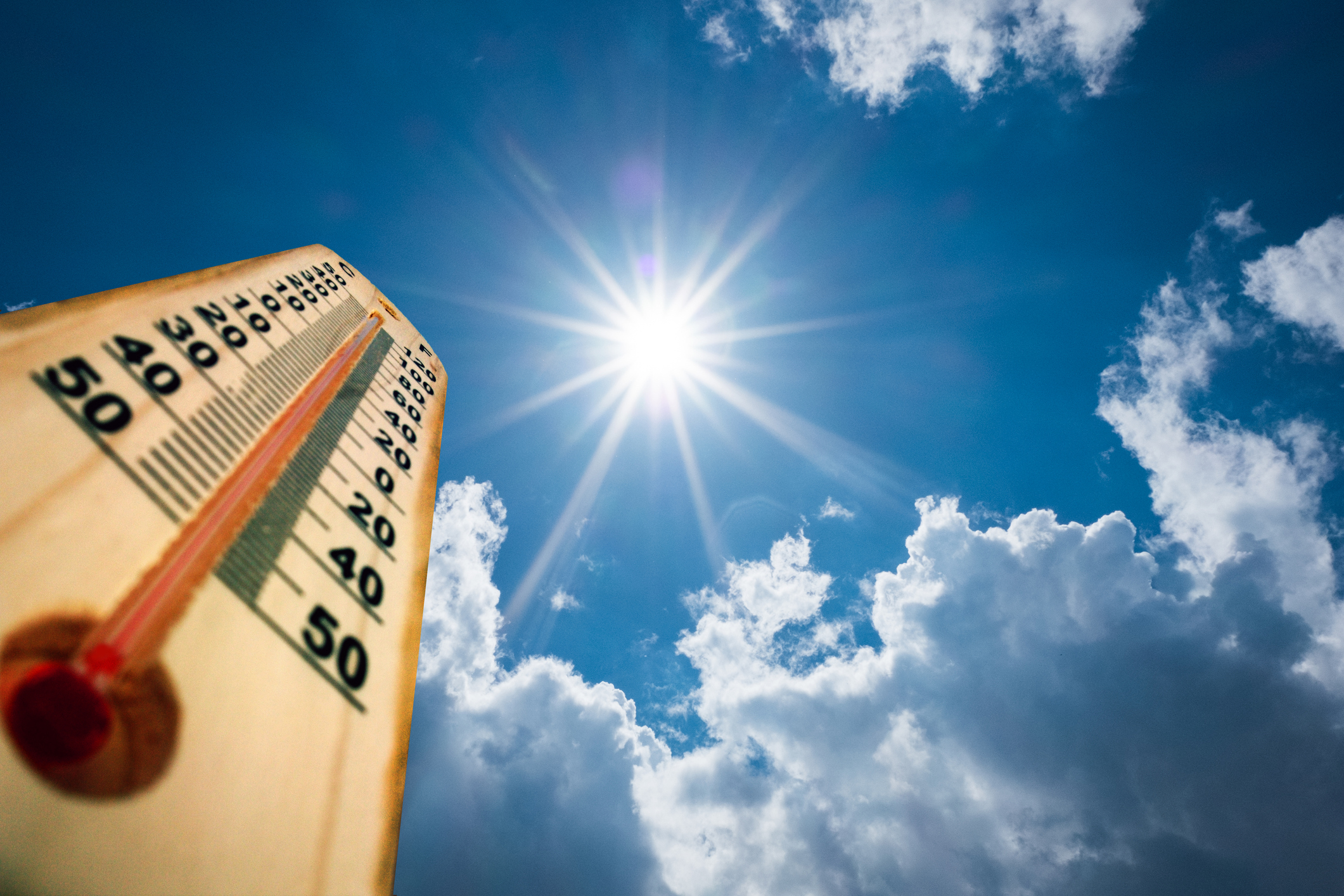While some regions are experiencing a cool, rainy period following intense summer heat, areas of the Southwestern United States are still under excessive heat warnings with record-breaking temperatures that contribute to wildfires and threaten the health of vulnerable people. Older adults are more prone to heat stress and it’s important for seniors and caregivers to take precautions during the hot summer months to prevent serious illness.
According to a recent City News report, more than 100 heat-related deaths were recorded earlier this month during the “heat dome” experienced along the west coast of Canada and the United States. Seniors living without air conditioning in apartments are at risk for heat stress and following a year of pandemic restrictions, many older adults have not returned to their “normal” activities that would provide relief from the heat.
Friends and families are encouraged to check on elderly loved ones during periods of extreme heat to make sure they are properly hydrated, have air conditioning or fans, and if necessary cool elderly adults down with cool compresses. Keeping blinds and drapes closed during the heat of the day can help but when the evenings don’t cool down significantly, it may be necessary to take seniors, especially those with respiratory problems and the very elderly to cooling centers, malls, the movies, or other air-conditioned places to cool down.
According to the Centers for Disease Control and Prevention, older adults do not adjust to sudden changes in temperature as well as younger people and a chronic health condition can change the body’s normal response to heat. Prescription medications can also affect the body’s ability to sweat and control temperature.
To keep indoor heat down, it’s not advisable to use the stove or oven to cook. In addition to having fans or air conditioning, cool showers or baths, lightweight, light-colored clothing and plenty of fluids can help prevent heat-related health problems. During periods of intense heat, do not participate in strenuous physical activity and get enough sleep. Seek medical help immediately if you or someone you know has symptoms of heat-related illness like muscle cramps, headaches, nausea, or vomiting. Unusual confusion or lethargy can also be a sign of heat stress that requires medical attention.
For more tips to prevent heat-related illness, follow this link to the CDC Natural Disasters and Severe Weather webpage.






Add Your Voice
0 Comments
Join the Discussion